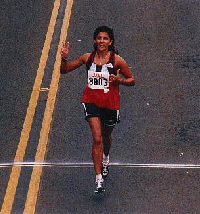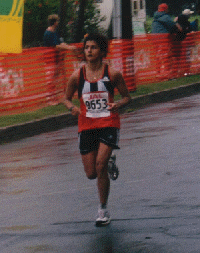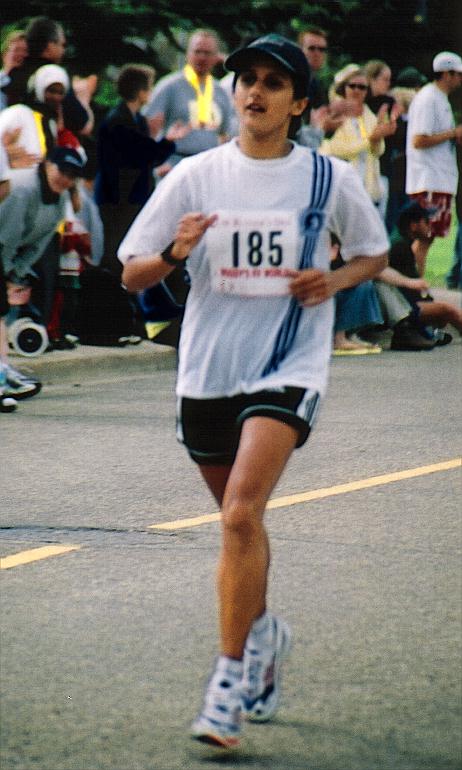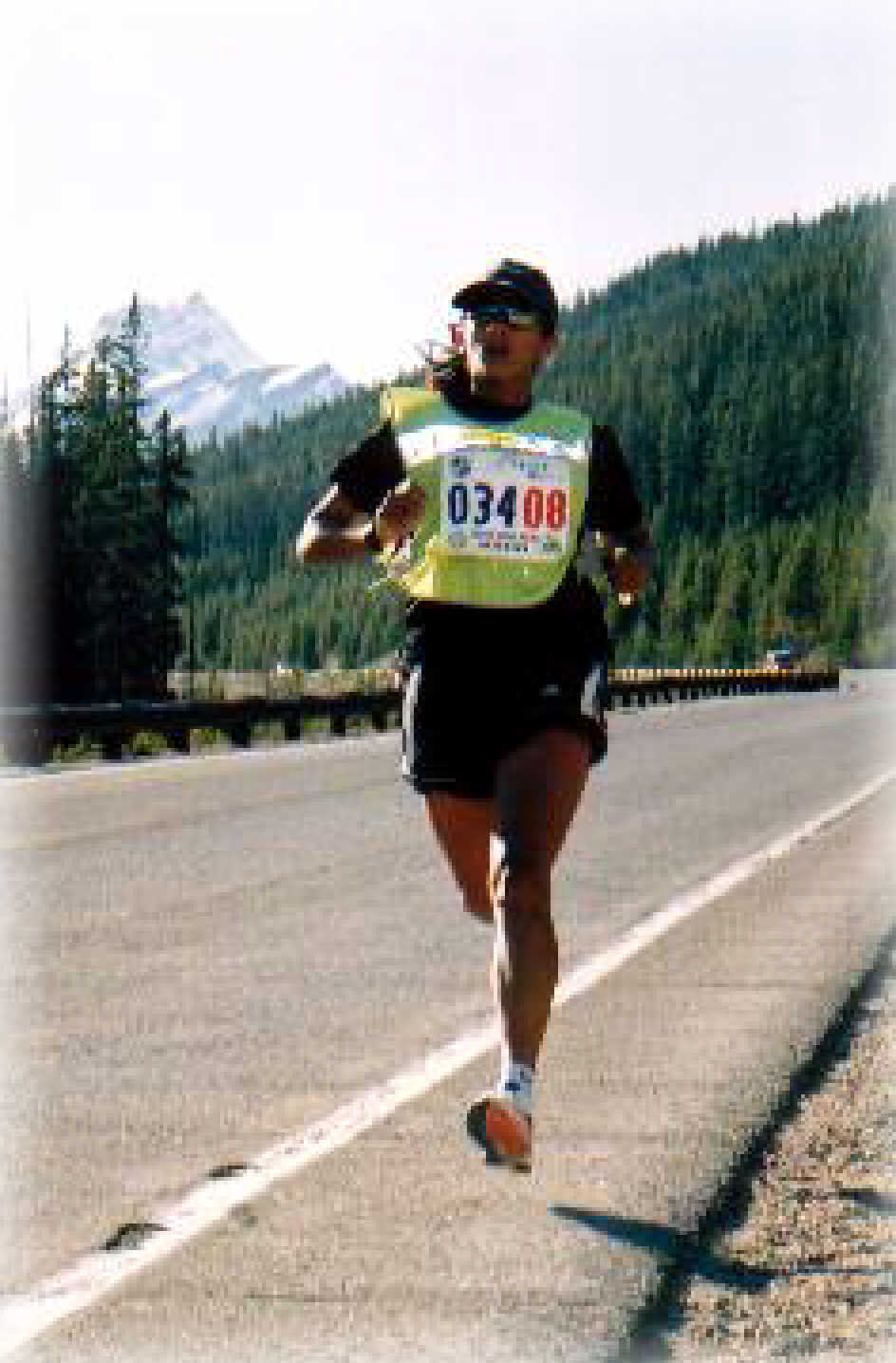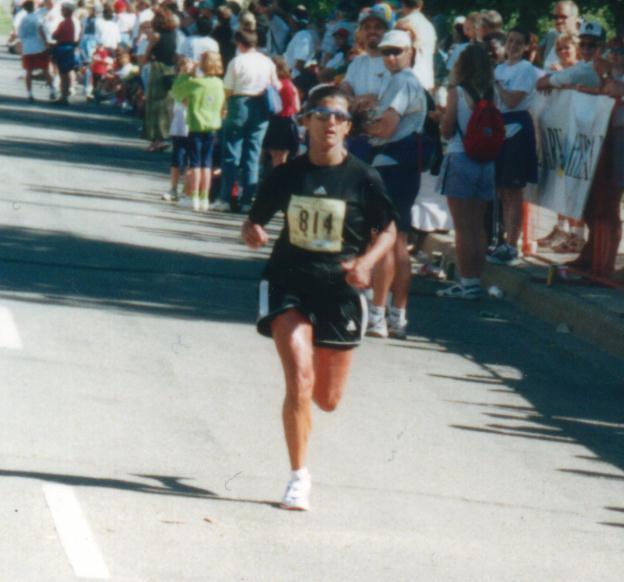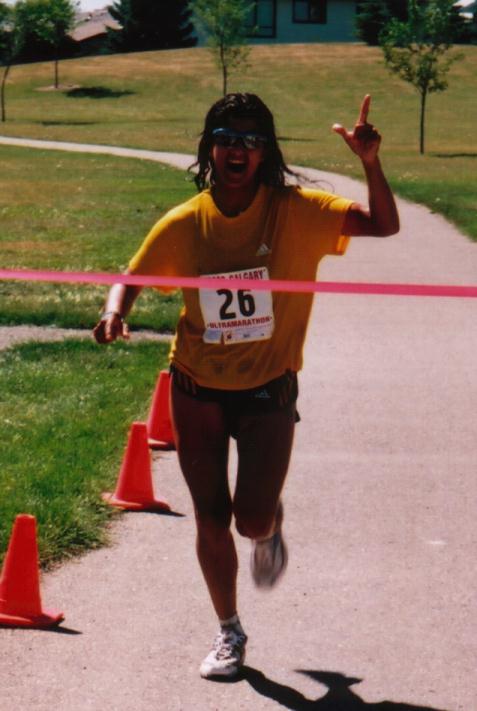| MENU |
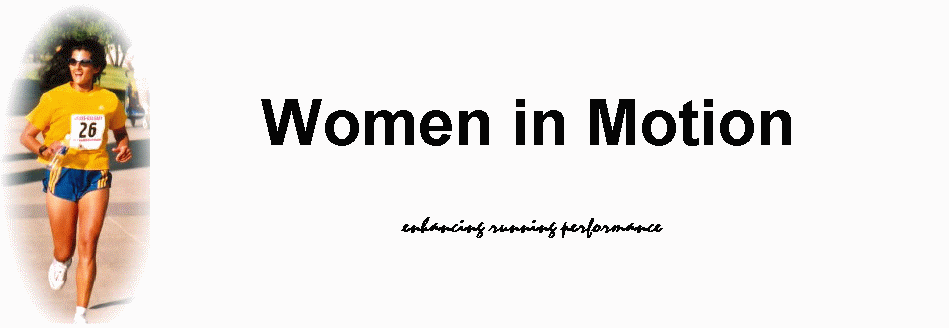
Tidbits and the Benefits of Exercise Running Tidbits Glycogen Glycogen (sugar) is the bodies most efficient source of fuel. A primary source of this in our diets are Carbohydrates. It has been found that if we deplete this going on a long fast run, then reduce our exercise and eat plenty of carbohydrate then the body will over compensate and store extra glycogen. Many runners in marathons will carbo load to make sure their glycogen stores are fully topped up just before the event. Cross Training To get better at running you really need to run. As with a number of sports, there are benefits for running, if you crosstrain with another sport. Cycling can help by strengthening opposing leg muscles thereby avoiding injury. Cycling uphill has some cross over with hill running. Weight training can also strengthen opposing leg muscles, strengthen stomach muscles and the upper body. Swimming can help with recovery from pavement pounding and hard sessions. Journal Running journals are a significant potential performance records that can lead to understanding of how you improve, and also show how to avoid injury. They should include course and training details, environmental conditions and how you felt. It is also important to record resting pulse and your weight. These can be compared year to year. Diet Your diet can have a significant effect on your running and your life. A healthy diet means that you will be able to train harder and recover faster. Generally we eat too much fat and not enough carbohydrate. As carbohydrates are the best source of fuel we should be sure to get plenty. It is also important to have a balanced diet which includes fresh fruit and vegetables. Fruit and vegetables contain most of the vitamins and minerals which are required to efficiently burn glycogen to create energy. Sports Replacement Drinks These drinks: Powerade, Gatorade, AllSport, etc contain about 5-10% of sugar plus some salts. They are useful for replacing lost glycogen from the body and in concentrations below 10% can be absorbed by the stomach during exercise. In marathons many exercise specialists are saying that rather than consume food you should drink a glucose replacement drink as the absorption is far quicker. At all distances they increase the time to glycogen depletion or 'hitting the wall'. Meditation, Rest and Sleep Taking a day off to rest is very important. Best recovery occurs during periods of inactivity like sleep. It is important to get around 8 hours sleep a night and if you exercise, a nap during the day is helpful. Meditation can also help to increase the restfulness as it can decrease stress and involuntary muscular activity. It can also calm the mind which is the major cause of stress and muscular activity. Massage After exercise followed by repair some muscle fibres will lock together increasing the effort required to recruit them. In extreme cases hard (and sometimes painful) knots will occur. Constant daily stress which causes tension in the muscles will also have the same effect. Massage helps to separate these locked together fibres and create free flowing muscle contractions. Both self massage and getting a professional deep massage is possible however self massage may not be deep enough. If one can afford it, a massage once a week can be great. Benefits of Exercise The benefits of exercise are far-reaching. Clinical and epidemiological studies have demonstrated that regular aerobic exercise reduces the risk of death due to heart disease and stroke, aids in reducing weight, helps prevent diabetes mellitus, strengthens bones, and enhances immune function. The psychological benefits are also broad, and most studies suggest a positive relationship between physical fitness and mental achievement. The relationship between regular aerobic exercise and cardiovascular health and longevity is well established. Regular exercise leads to a reduction in the risk of coronary heart disease, in which fatty deposits (plaque) form in blood vessels supplying the muscular wall of the heart, compromising oxygen delivery to the heart muscle. In addition, with regular exercise the efficiency of the heart during exercise is increased. One area of controversy has been how much exercise is enough to improve general health, reduce the risk of heart disease, and increase longevity. Meaningful studies on this topic are very difficult to perform because they require large populations of subjects and many years of data collection, and because poor health sometimes results in limitations to physical activity. Despite these difficulties, it is clear that regular exercise, along with a generally healthy lifestyle, is beneficial. People who have sedentary lifestyles make up half the population of industrialized societies, and this group has the most to gain by exercising. One recent U.S. National Institutes of Health (NIH) panel suggested that as little as 30 minutes every day of purposeful, moderately strenuous physical activity-for example, rapid walking or lawn mowing-is sufficient to lower the risk of heart disease. There is no conclusive evidence to prove that an especially rigorous exercise routine, such as running many miles per day, as opposed to walking or jogging daily, will add years to a person's life. The most important aspect of getting in shape is to make exercise an integral part of one's lifestyle. Exercising to stay as physically fit and healthy as possible should be a lifelong commitment, and is especially important to people who perform little physical work in their day-to-day lives. Source: Encarta Encyclopedia 99. 1993-1998 Microsoft Corporation. Gord - Women in Motion
|

